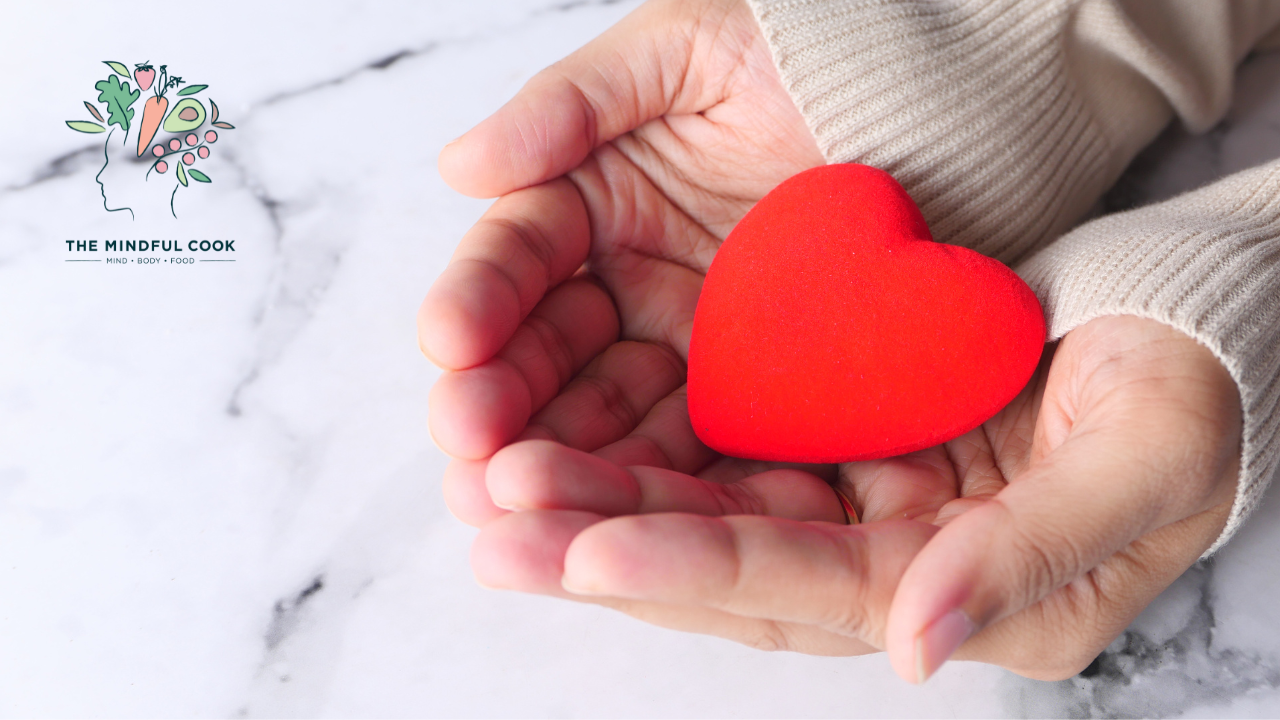The Surprising Hidden Cause of High Cholesterol in Women Over 40

Something I’ve observed recently among the women I work with is that they’ve been told that their cholesterol levels are increasing, or they’ve been diagnosed with high cholesterol, despite eating a nutritious diet low in saturated fats. This can be quite a shocking discovery, and often, there is a common factor among them - menopause.
Oestrogen helps to regulate the way the liver metabolises fats and acts to modulate cholesterol. Research suggests that as oestrogen drops during menopause, cholesterol often progressively rises. This change frequently goes undetected.
Given that high cholesterol is one of the risk factors for heart disease, and women are twice as likely to die of coronary heart disease, the main cause of heart attacks, as breast cancer in the UK*, it’s something that warrants our attention.
What to do if you’re concerned about cholesterol:
- Get your levels tested by your doctor and if you find they are raised, ask if hormones could be a factor.
- To proactively reduce cholesterol through your diet, emphasise fibre rich foods shown to lower LDL: oats, red lentils, brown rice and flaxseed.
- Increase your intake of healthy, Omega-3 fatty acids. These have been shown to reduce fats found in your blood. The best sources are oily fish: Salmon, mackerel, sardine and anchovies.
- Don’t ignore difficult emotions and stress. Women are naturally more vulnerable to stress around menopause and cortisol (AKA the stress hormone) impacts blood sugars and how your body metabolises fats, which can affect cholesterol. Don’t neglect self-care and make space for regular lifestyle habits that calm and support your nervous system: breathwork, creativity, yoga - whatever floats your boat.
- Keep moving! Low and moderate intensity exercise has been associated with a reduction in cholesterol and the risk factors associated with cardiovascular disease.
Many factors influence an increase in cholesterol, including diet and being sedentary, but in women over 40 a clear driver seems to be the unavoidable drop in oestrogen levels. Make sure you monitor your cholesterol, consult with your GP, get your nutrition in check and and take care of your emotional well-being to outmanoeuvre rising cholesterol.
Learn how to make sound nutrition and emotions health skills a lifestyle by joining us inside The Non-Diet Method

